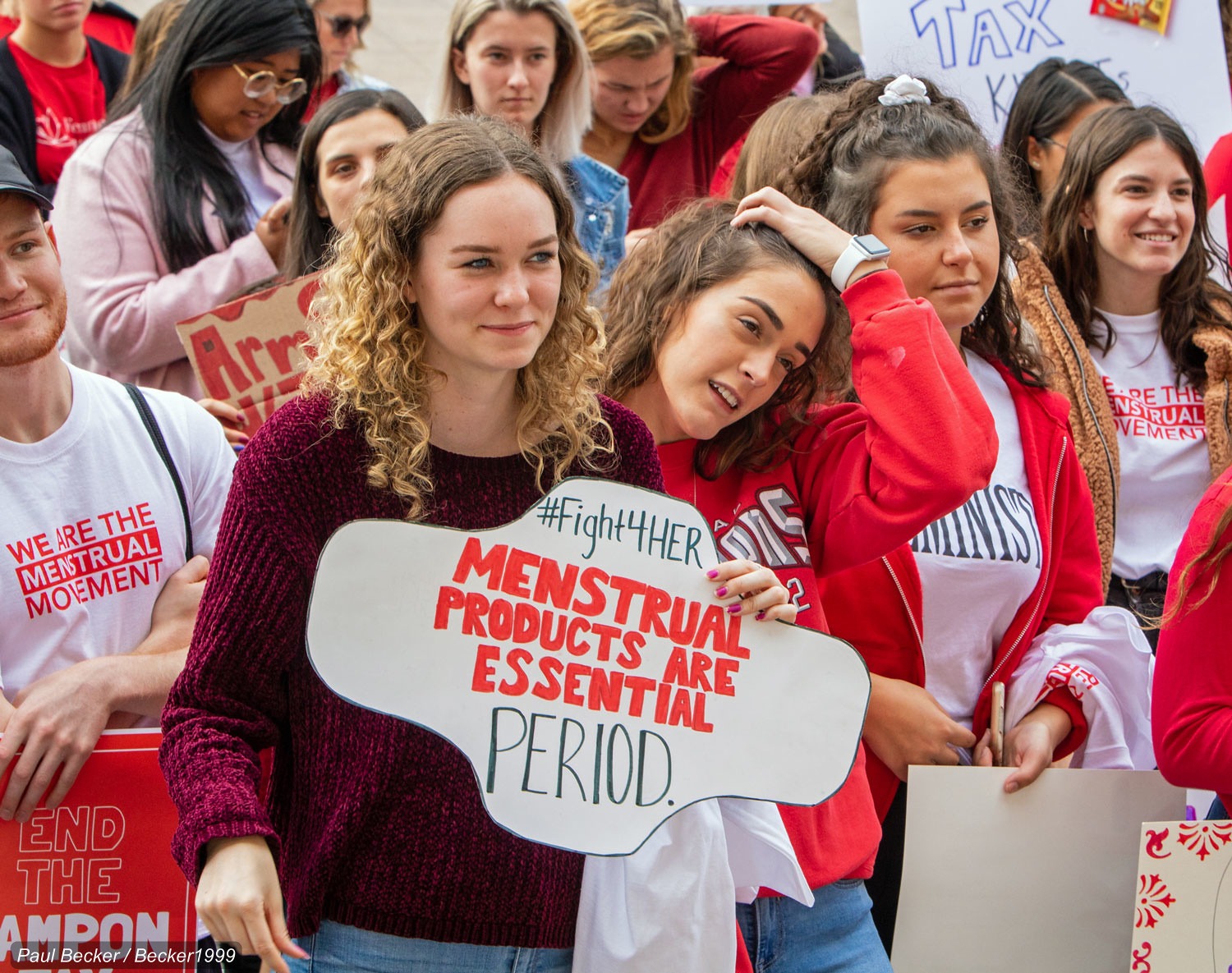The menstrual equity movement has brought attention to the lack of access to menstrual products in women’s carceral facilities across the United States.
While some progress has been made with legislation in 25 states and at the federal level, current policies are inadequate in addressing the menstrual health needs of incarcerated individuals.
Many laws only ensure access to pads, fail to make these products easily accessible, and do not guarantee free, reliable access for all. As scholars and abolitionists in the menstrual health field, we argue that the structure of the US carceral system inherently undermines menstrual equity, making dignified menstrual experiences impossible.

Dignity of Menstrual Equity (Credits: Formasup)
While policies aim to address material needs highlighted by reports of injustices within facilities, such as sexual violence in exchange for menstrual products, we believe these policies fall short of addressing the broader issue of menstrual injustice.
We contend that menstrual inequities within the prison system are a form of violence used to control, shame, and discriminate. Therefore, we advocate for prison abolition as a necessary component of the menstrual equity movement.
By highlighting the inadequacies of current policies and the inability of the prison system to accommodate nuanced menstrual experiences, we argue that the prison industrial complex perpetuates menstrual discrimination. Enshrined within the system, menstrual inequities become a tool for furthering harm and marginalization.
In conclusion, addressing menstrual injustice requires a fundamental reimagining of our approach to incarceration. By advocating for prison abolition, we seek to dismantle the structures that perpetuate violence and discrimination, creating space for more dignified and equitable menstrual experiences for all individuals.























